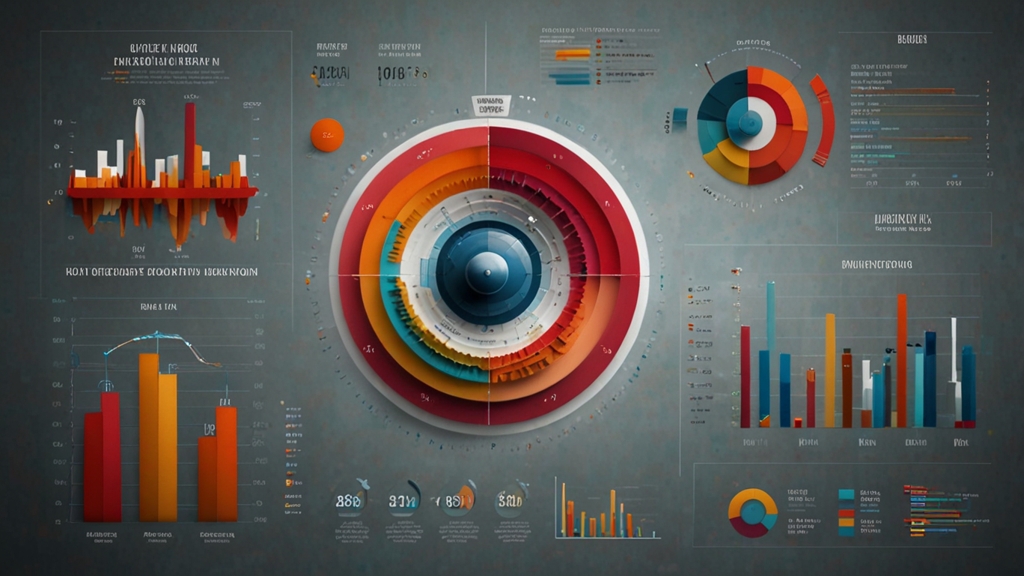The Role of Artificial Intelligence in Enhancing Network Security
In today's interconnected world, the importance of network security cannot be overstated. With the rapid growth of the internet and the increasing sophistication of cyber attacks, traditional security measures are struggling to keep pace. Enter Artificial Intelligence (AI) – a game-changing technology that is revolutionizing the way we approach network security. This article delves into the role of AI in fortifying our digital perimeters, ensuring data integrity, and protecting networks from a myriad of threats.
Understanding AI in Network Security
Artificial Intelligence encompasses a broad range of technologies, including machine learning, deep learning, natural language processing, and more. In the context of network security, AI systems can analyze massive amounts of data, recognize patterns, and make decisions faster and more accurately than human analysts. This capability is crucial for identifying and mitigating threats in real-time.
Threat Detection and Response
One of the primary applications of AI in network security is threat detection. Traditional security systems rely on pre-defined rules and signature-based detection, which means they can only identify known threats. However, AI-powered systems use behavioral analysis to detect anomalies that may indicate a potential threat. Machine learning algorithms can be trained on vast datasets to differentiate between normal and suspicious activities, enabling the detection of zero-day attacks and insider threats that conventional methods might miss.
"AI provides a level of sophistication and speed in network security that cannot be achieved through manual efforts alone." – Cybersecurity Expert
Automated Incident Response
When a threat is detected, the next critical step is a swift response. AI enhances incident response by automating the process. Automated response systems can isolate infected devices, block malicious IP addresses, and apply security patches without human intervention. This not only reduces the response time but also minimizes the potential damage caused by the attack.
"The ability to automate responses to threats in real-time is one of the most significant advantages of integrating AI into network security." – Security Analyst
Proactive Security Measures
AI's role in network security is not limited to reactive measures. It also plays a vital role in proactive security planning. Predictive analytics powered by AI can forecast potential security breaches by identifying trends and patterns in network traffic. This allows organizations to implement preemptive measures, such as reinforcing vulnerable entry points and conducting targeted security audits.
Enhancing Human Capabilities
While AI offers numerous benefits, it does not replace human expertise. Instead, it augments the capabilities of security professionals. By handling routine tasks and analyzing vast datasets, AI frees up human analysts to focus on more complex issues that require human judgment and experience. This symbiotic relationship between AI and human intelligence leads to a more robust and resilient security posture.
Challenges and Ethical Considerations
Despite its potential, the integration of AI in network security is not without challenges. One major concern is the possibility of AI systems being hacked or manipulated by malicious actors. Therefore, it is essential to ensure that AI algorithms and models are secure and continuously monitored for any signs of tampering. Additionally, ethical considerations, such as transparency, accountability, and data privacy, must be addressed to maintain trust in AI-driven security solutions.
Future Outlook
The future of network security lies in the continued evolution and integration of AI technologies. As AI becomes more advanced, it will play an increasingly central role in defending against cyber threats. Organizations that invest in AI-driven security solutions will be better equipped to navigate the complex and ever-changing landscape of cyber threats.
In conclusion, AI is a powerful tool that enhances network security by providing advanced threat detection, automated incident response, and proactive measures. By complementing human expertise, AI creates a more secure and resilient digital environment. As we move forward, the synergy between AI and network security will be pivotal in safeguarding our digital future.






